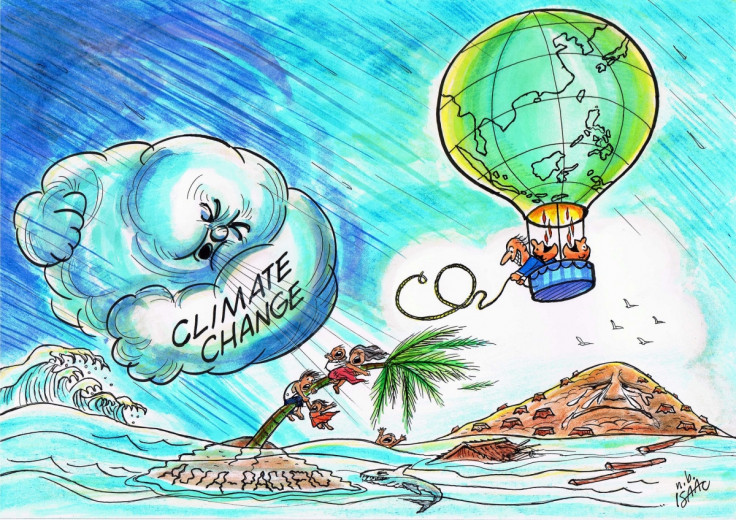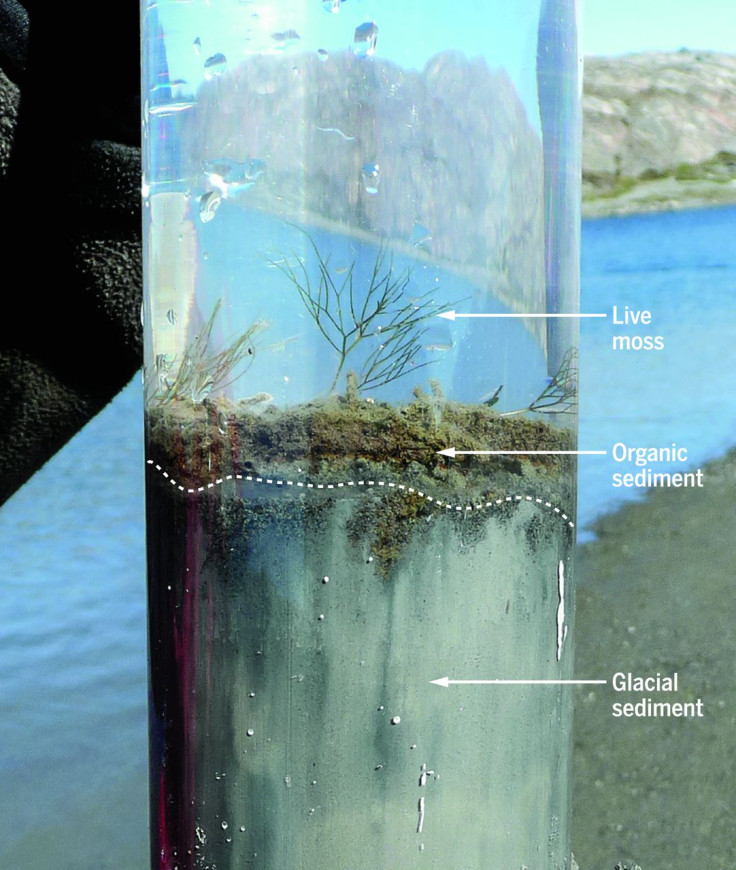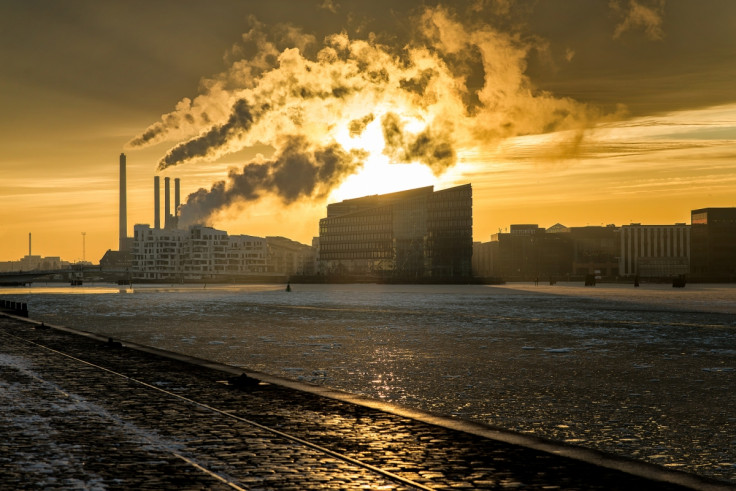Anthropocene epoch: 5 reasons why scientists suggest we should make a new chapter for Earth

Scientists have decided the Earth has changed so much in recent years that it should be officially described as a new chapter in its history. These chapters span the entire book of Earth, beginning in the Archaean age around 4.6 billion years ago as the first signs of life appeared, to the beginning of the Palaeocene 65 million years ago, when the dinosaurs became extinct.
However, these different sections of Earth's history have gradually become shorter and shorter. Originally, the Archaean Eon lasted more than two billion years without deserving a change. The latest Eon – the Phanerozoic – has so many different stories to it that it had to split into three eras... of which there are 11 periods. The latest two periods? Split into seven epochs.

That is where we are now, as scientists begin to discuss the possibility of officially announcing an 8<sup>th epoch – the Anthropocene. Derived from the term "anthropogenic", meaning made from human activity, the new epoch is being proposed because of how humans have changed the Earth over the past 50 to 60 years. Here are the main reasons for the change being made.
Industrialisation
The Industrial Revolution has since accelerated human technology. We can transport tonnes of material around the planet in aeroplanes or trains. We can excavate minerals and fuels to power electricity. This is grand, but it has its consequences.
All of this industry has pumped more greenhouse gases into the atmosphere. Atmospheric CO<sub>2 is now at an all-time high for this era – the highest since the extinction of dinosaurs.
The carbon and nitrogen isotopes that geologists use to analyse the changing world have become more and more depleted, all due to fossil fuel emissions and fertiliser production. Radioisotopes have been detected since 1950 too, and they are a direct result of atmospheric nuclear bomb testing.
Population
Earth has never had to withstand so many individual lifeforms than right now. More than seven billion humans have a huge effect on the planet, as Colin Waters, lead author of the research, told IBTimes UK: "The 20th century 'Great Acceleration' of population growth has driven many of the changes we have observed and described in the paper.
"The power of seven billion people to affect the planet globally, the scale of those changes and occurring at an incredibly rapid rate is something that has not been experienced in the past."
New materials
Humans create more than 300 million tonnes of plastic every year – a material that did not exist before humans. And the fact that some plastic can take up to 1,000 years to biodegrade means we have generated a huge amount of pollution.
It has been estimated that 400 million tonnes of hazardous waste is produced every year. That is the equivalent weight of nearly one and a half million Airbus A380's – double-decker aeroplanes with four engines.
Biologic changes

Species have changed hugely since the beginning of the last epoch – the Holocene. The amount of extinct species is now far higher than the average since 1500, and that amount has increased most over the past couple of hundred years. A large proportion of these extinctions are from human activity, destroying habitats and forcing migration.
The amount of these migrating species has also gone up since our existence began. Farming and fishing practices have made species move to other parts of the world, "permanently reconfiguring Earth's biological trajectory", according to the researchers.
Changing waterways
Huge amounts of fertiliser use has indirectly emptied stocks of nitrogen and phosphorus into our world's waterways. Nitrate measurements in the Greenland ice sheet have since shown the most amount of the mineral since 100,000 years ago – all linked to human farming.
These nutrients also have a more direct effect on some of the animals living in freshwater. Nutrients promote the growth of huge amounts of algae, known as an algal blooms. The algae steals the oxygen fish and other aquatic organisms – ultimately killing them off. Scientists have estimated a 20% increase in the amount of algal blooms we can expect to find over the next 100 years.
© Copyright IBTimes 2024. All rights reserved.






